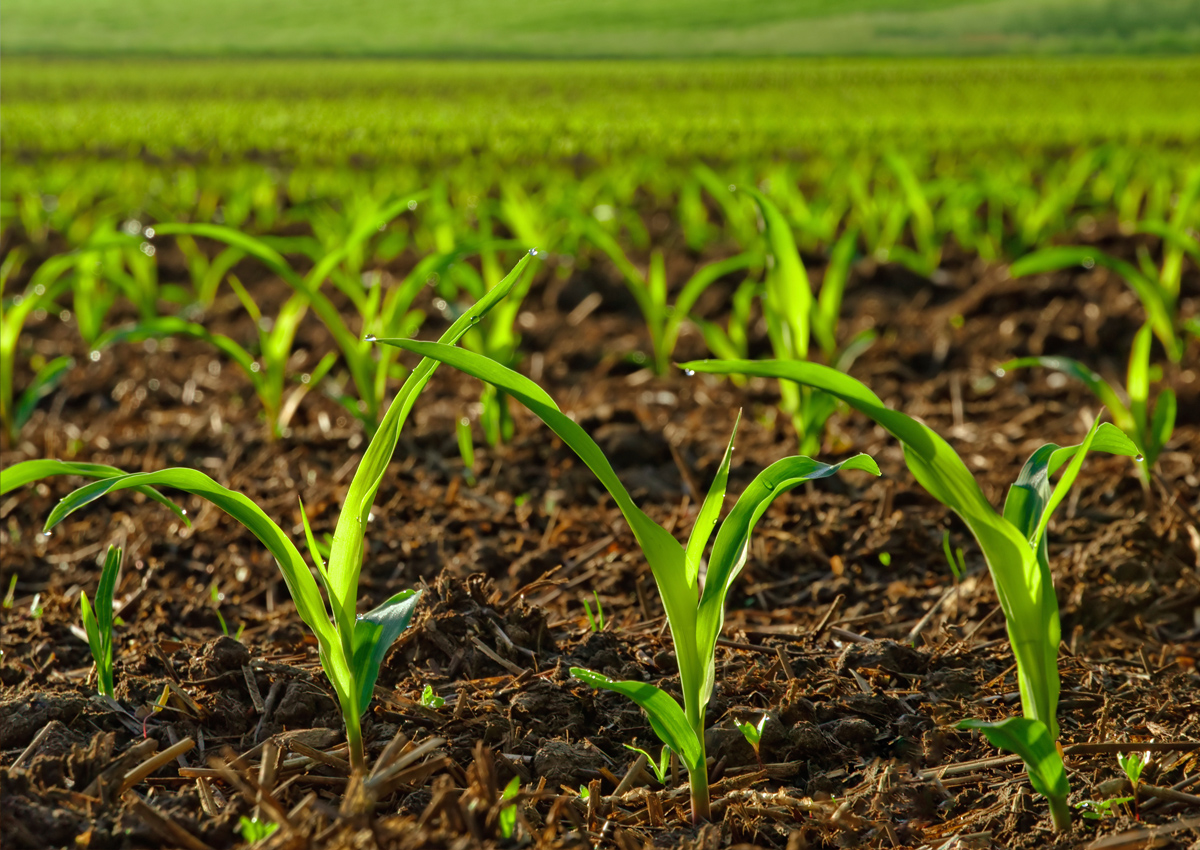
Plant Protein Discovery to Help Plants Tolerate Climate Change and Reduce Need for Fertilizers
September 9, 2020| |
Researchers led by Dr. Guilhem Reyt from the School of Biosciences and Future Food Beacon at the University of Nottingham have discovered how a protein in plant roots controls the uptake of minerals and water, a finding which could improve the tolerance of agricultural crops to climate change and reduce the need for chemical fertilizers.
The research, published in Current Biology, shows that members of the blue copper proteins family, the Uclacyanins are vital in the formation of Casparian strips. These strips are essential structures that control mineral nutrient and water use efficiencies by forming tight seals between plant cells, blocking nutrients, and water leaking between.
"This research is important in revealing the molecular mechanics underpinning efforts to improve mineral nutrient and water use efficiencies and enhanced stress tolerance, making crops more able to withstand flooding, drought, nutrient deficiencies, and trace element toxicities," Dr. Reyt said.
For more details, read the press release from The University of Nottingham.
| |
You might also like:
- Gene Identified that Will Help Develop Plants to Fight Climate Change
- Study Reveals How Climate Change Alters Plant Growth
- Pocket K No. 43: Biotechnology and Climate Change
Biotech Updates is a weekly newsletter of ISAAA, a not-for-profit organization. It is distributed for free to over 22,000 subscribers worldwide to inform them about the key developments in biosciences, especially in biotechnology. Your support will help us in our mission to feed the world with knowledge. You can help by donating as little as $10.
-
See more articles:
-
News from Around the World
- 3rd Asian Short Course on Agri-biotech, Biosafety Regulation, and Communication
- ISAAA Kicks Off Discourses on Regulatory Approaches for Animal Biotech
- Kenyan Scientists Embark on Synthetic Biology Research
- US EPA Proposes to Ease Up Regulations on Certain Biotech PIPs
- Australian OGTR Receives License Application for Field Trial of GM White Clover
- Plant Protein Discovery to Help Plants Tolerate Climate Change and Reduce Need for Fertilizers
-
Research Highlights
- International Research Team Discovers How Plants Shut the Door on Infection
- Meta-analysis Investigates Effect of Bt Crops on Soil Invertebrates
-
Plant
- Scientists Publish qPCR Method for Commercial Gene-Edited Canola
- New Bicistronic TALENs Enhance Genome Editing
- Study Shows OsCRS2 Vital for Chloroplast Development in Rice
-
Health
- Most Comprehensive Map of SARS-CoV-2 Genomic Structures Now Published
- Nigerian Scientists Identify Seven Lineages of SARS-CoV-2
-
Read the latest: - Biotech Updates (January 28, 2026)
- Gene Editing Supplement (January 28, 2026)
- Gene Drive Supplement (February 22, 2023)
-
Subscribe to BU: - Share
- Tweet

